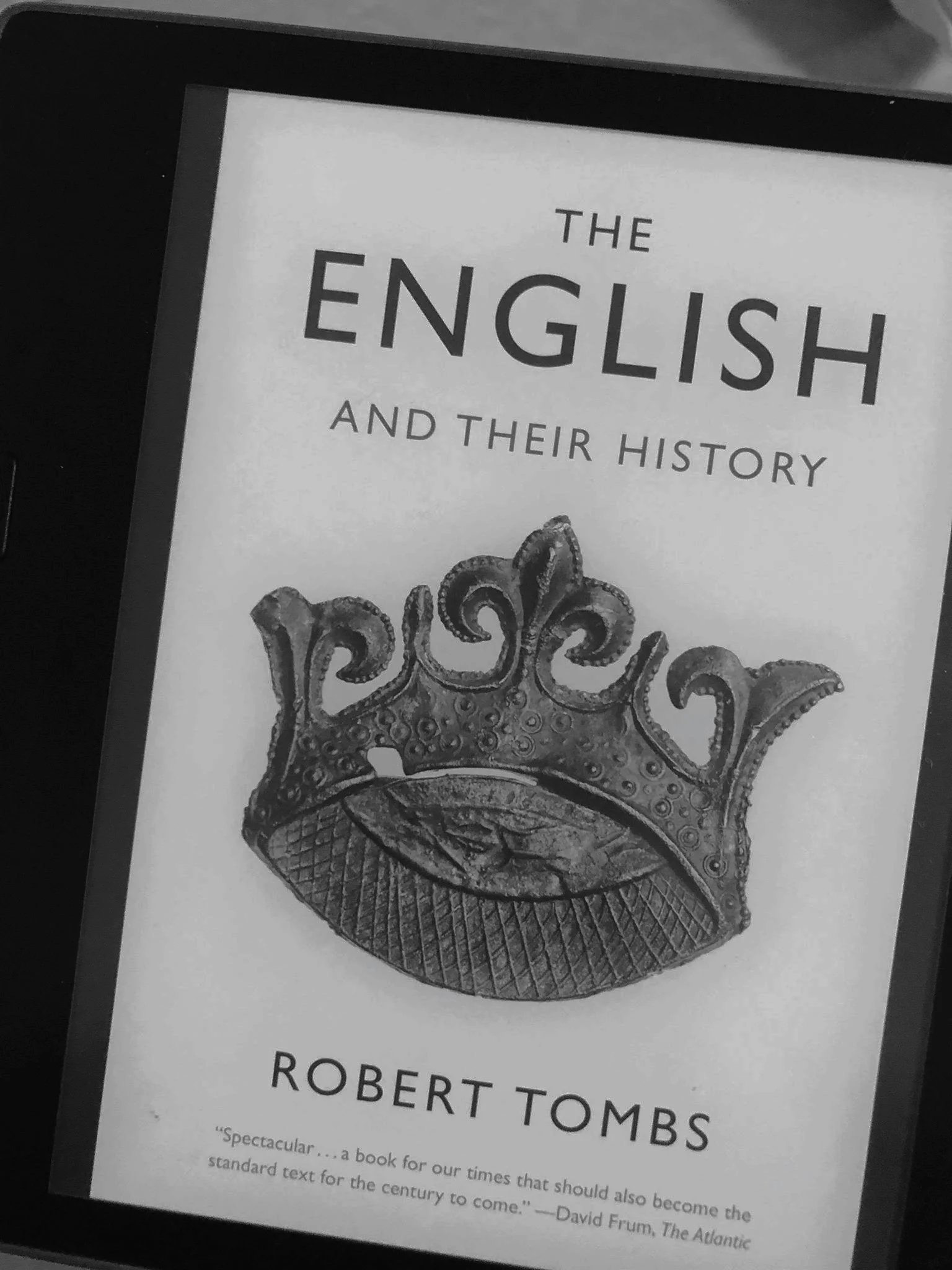The Rebel by Albert Camus
“What is a rebel? A man who says no, but whose refusal does not imply a renunciation. He is also a man who says yes, from the moment he makes his first gesture of rebellion. A slave who has taken orders all his life suddenly decides that he cannot obey some new command. What does he mean by saying “no”?”
Philosophic reasoning and political instinct rarely coalesce.
One may be surprised that Albert Camus, a known existentialist philosopher, was quite familiar with anarchism, and he not only openly supported anarchist-syndicalist organizing, but also was excommunicated by the existentialists for criticizing their Marxist tendencies. Soon after reading The Stranger, I gladly discovered that Camus had in fact, already dealt thoroughly with the questions of nihilism, rebellion, revolutionary politics, and anarchism.
In his book, The Rebel, Camus brought the strange bunkmates, politics and philosophy, together in his endeavor to analyze the act of rebel by delving into liberty and terror in Europe across the centuries. While doing so, he defies the dual quintessence of postwar French intellectual life— on the one hand, an outright condemnation of America, and on the other hand, a connotative condonation of totalitarianism.
“I revolt, therefore we are”.
Camus outlines the paradox that underlies his thesis. The paradox presents two fundamental questions: How does a collective existence materialize from an individual’s rebellion? And how does the act of revolt stimulate a human-centric universe?
In the 19th century, humans killed God. Their belief for God collapsed. Nihilists rode their horses. Individuals now must deal with absurdity, wandering desperately to find values in a world that becomes inherently meaningless. It is now up to the rebels to create new rules. The most elementary form of rebellion, paradoxically, expresses an aspiration to order. So what happens next?
The book is split into five subsections: The Rebel, Metaphysical Rebellion, Historical Rebellion, Rebellion and Art, and Thoughts at the Meridian. The first provides the author’s definition of rebellion. The second explores rebellious actions that are limited imagination, such as those of poets, philosophers who are rebellious in thought more than in action. The third elaborates the points made in the previous subsection and illustrates how these can be made in the context of revolutionary) politics. The fourth section carries this into the world of aesthetics. Thoughts at the Meridian, though brief, is where Camus laid out the moral limits to rebellion that he deemed acceptable, using syndicalist trade-union organizing as a primary example of coherent rebellion. A wide range of real and mythological figures are scrutinized, such as Prometheus, Cain, De Sade, Baudelaire, Stirner, Nietzsche, Marx, Bakunin, and many others.
In a nutshell, reading through this work has value even beyond Camus’ arguments. It is a comprehensive history of modern rebellion, a framework for considering a range of contemporary questions, a reference book for other philosophers, and a philosophical blueprint for action.



